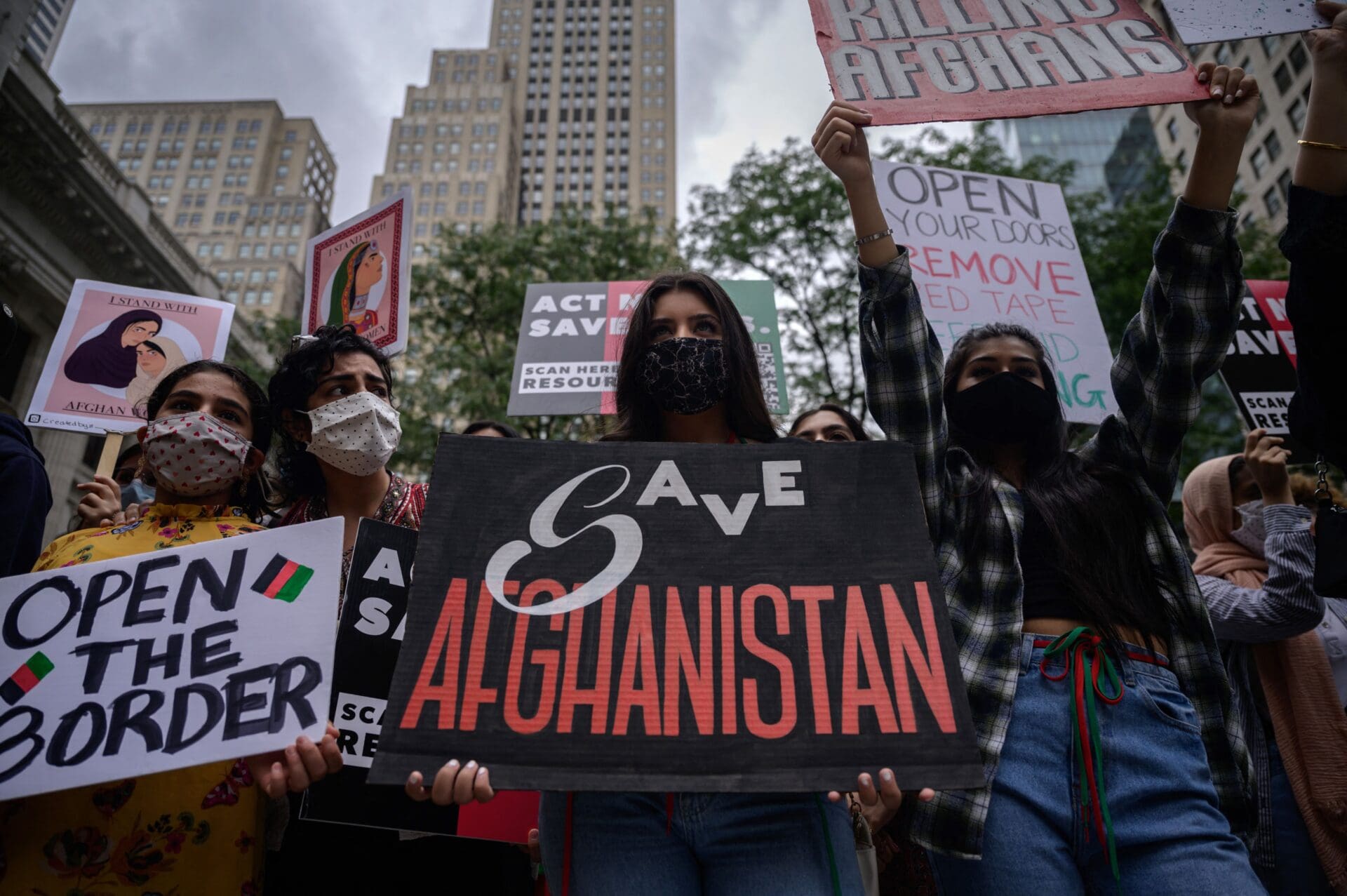 HUMAN RIGHTS ON CAPITOL HILL
HUMAN RIGHTS ON CAPITOL HILL
Table of Contents
Featured
Legislative Updates
U.S. Asylum Updates
International Updates
NOVEMBER 2021 NEWSLETTER
Featured: Human Rights Crisis in Afghanistan

Members and supporters of NY’s Afghan community march to raise awareness of Afghanistan’s refugee crisis on Aug. 28. (Photo by Ed Jones/AFP via Getty Images)
international updates
mid east and north africa
LIBYA

Amnesty’s Amna Guellali testifies before the House Foreign Affairs Subcommittee on the Middle East, North Africa, and Global Counterterrorism on Oct. 14.
TUNISIA
MOROCCO AND WESTERN SAHARA
asia
HONG KONG
Connect with us
regions
Eurasia: Daniel Balson ![]()
![]()
![]()
![]()
![]()
![]()
![]()
![]()
![]()
![]()
![]()
![]()
![]()
Turkey: Deniz Yuksel ![]()
![]()
![]()
![]()
![]()
![]()
![]()
![]()
![]()
![]()
![]()
![]()
![]()
![]()
![]()
![]()
![]()
![]()
![]()
![]()
![]()
![]()
![]()
![]()
![]()
![]()
![]()
Middle East: Amit Dadon ![]()
![]()
![]()
![]()
![]()
![]()
![]()
![]()
![]()
![]()
![]()
![]()
![]()
![]()
![]()
![]()
![]()
![]()
![]()
![]()
![]()
![]()
![]()
![]()
![]()
![]()
![]()
China: Rowan Sockwell ![]()
![]()
![]()
![]()
![]()
![]()
![]()
![]()
![]()
![]()
![]()
![]()
![]()
![]()
![]()
Africa: Makeda Fikremariam ![]()
![]()
![]()
![]()
![]()
![]()
![]()
![]()
![]()
![]()
![]()
![]()
![]()
![]()
![]()
Asia: Carolyn Nash ![]()
![]()
![]()
![]()
![]()
![]()
![]()
![]()
![]()
![]()
![]()
![]()
![]()
![]()
![]()
![]()
![]()
![]()
![]()
![]()
![]()
![]()
![]()
![]()
![]()
![]()
![]()
Americas: Amy Fischer ![]()
![]()
![]()
![]()
![]()
![]()
![]()
![]()
![]()
![]()
![]()
![]()
![]()
![]()
![]()
![]()
![]()
![]()
![]()
![]()
![]()
![]()
![]()
![]()
![]()
![]()
![]()
U.S.: Joanne Lin ![]()
![]()
![]()
![]()
![]()
![]()
![]()
![]()
![]()
![]()
![]()
![]()
![]()
![]()
![]()
![]()
![]()
![]()
![]()
![]()
![]()
![]()
![]()
![]()
![]()
![]()
![]()
issues
Digital Rights: Michael Kleinman ![]()
![]()
![]()
![]()
![]()
![]()
![]()
![]()
![]()
![]()
![]()
![]()
![]()
![]()
![]()
Gender / Indigenous Rights: Tarah Demant ![]()
![]()
![]()
![]()
![]()
![]()
![]()
![]()
![]()
![]()
![]()
![]()
![]()
![]()
![]()
![]()
![]()
![]()
![]()
![]()
![]()
![]()
![]()
![]()
![]()
![]()
![]()
National Security: Daphne Eviatar ![]()
![]()
![]()
![]()
![]()
![]()
![]()
![]()
![]()
![]()
![]()
![]()
![]()
![]()
![]()
![]()
![]()
![]()
![]()
![]()
![]()
![]()
![]()
![]()
![]()
![]()
![]()
Human Rights Defenders: Andrew Fandino ![]()
![]()
![]()
![]()
![]()
![]()
![]()
![]()
![]()
![]()
![]()
![]()
![]()
![]()
![]()
![]()
![]()
![]()
![]()
![]()
![]()
![]()
![]()
![]()
![]()
![]()
![]()
U.S. Criminal Justice: Krissy Roth ![]()
![]()
![]()
![]()
![]()
![]()
![]()
![]()
![]()
![]()
![]()
![]()
![]()
![]()
![]()
![]()
![]()
![]()
![]()
![]()
![]()
![]()
![]()
![]()
![]()
![]()
![]()
COVID-19, Gun Violence, and all Other Issues: Joanne Lin ![]()
![]()
![]()
![]()
![]()
![]()
![]()
![]()
![]()
![]()
![]()
![]()
![]()
![]()
![]()
![]()
![]()
![]()
![]()
![]()
![]()
![]()
![]()
![]()
![]()
![]()
![]()
Be sure to follow AIUSA on TWITTER, FACEBOOK, and INSTAGRAM.



 The closure of Amnesty’s HK offices will not alter our commitment to the people of Hong Kong and China. Amnesty will continue to fight for their human rights, holding to account those who threaten and abuse them.
The closure of Amnesty’s HK offices will not alter our commitment to the people of Hong Kong and China. Amnesty will continue to fight for their human rights, holding to account those who threaten and abuse them.